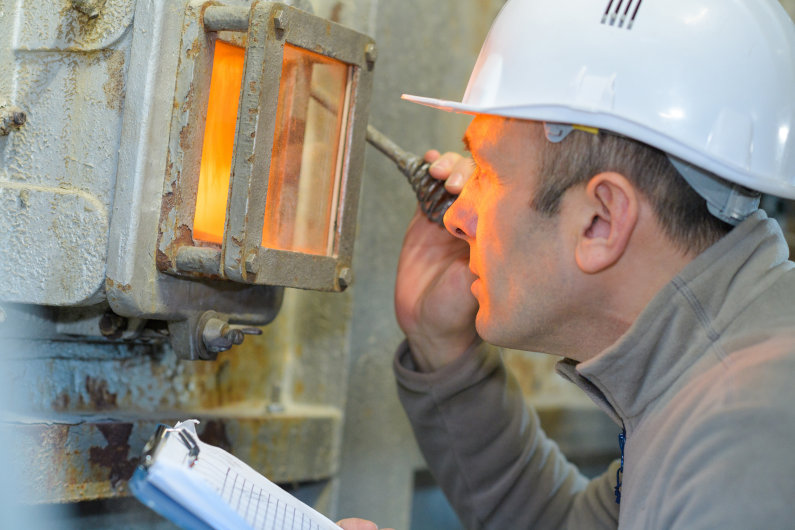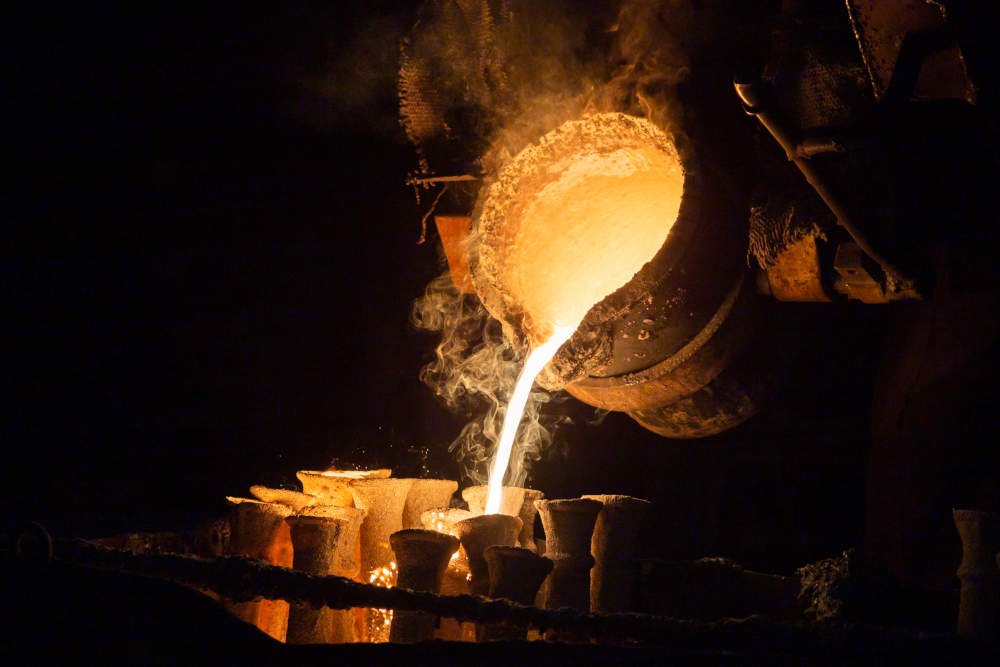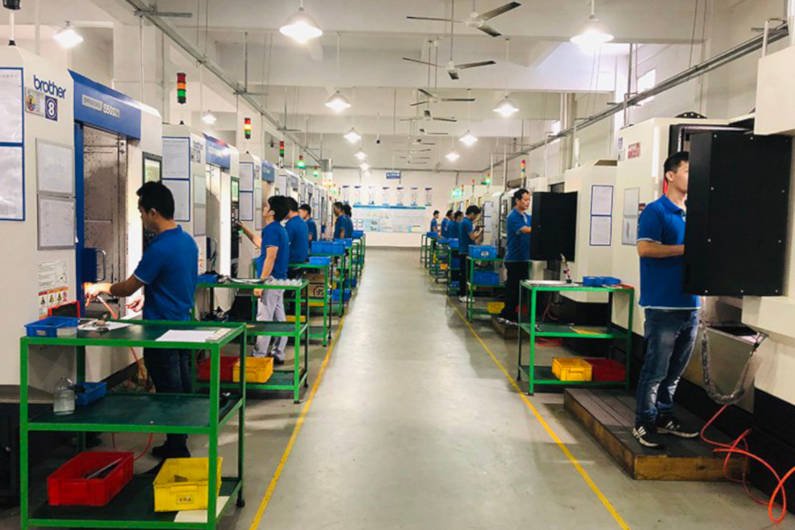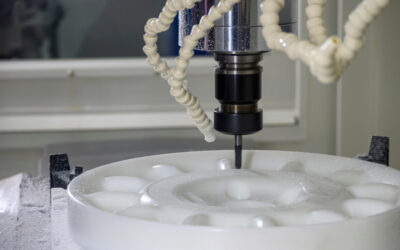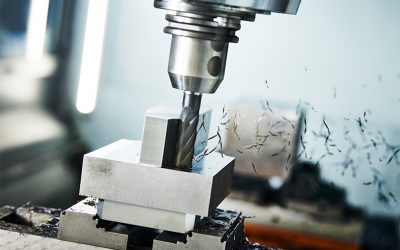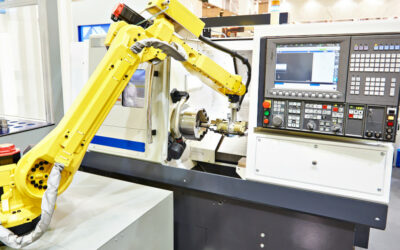The melting point of a metal, or any material for that matter, is the temperature at which a solid material changes phase into a liquid. You can think of it like frozen water, where once a certain temperature is reached, the ice melts to become liquid water. For water, this transition temperature is normally 0°C (32°F), but every material has its own melting and boiling points.
Unlike water, most metallic substances are solids at room temperature, only becoming molten metals once they’ve been heated to their melting points. In this article, we’ll explain the value of knowing a metal’s melting point and provide examples of melting points for some common metals.
Why Are Melting Points Important?
Failing to account for the melting temperature of a metal exposed to high temperatures can lead to catastrophic failure of the component. Especially since softening of the metal can reduce the material’s strength long before reaching the melting point.
In an industrial setting, this could mean that parts fail while machinery is running, damaging equipment and product, causing downtime, and possibly even endangering workers’ lives.
Examples of the Importance of Melting Points
For example, waste management facilities must have robust, heat-resistance equipment that can withstand the heat of waste incinerators, while facilities that melt recycled glass must be able to heat and transport the molten glass at temperatures of 1500 °C (2700 °F) or higher.
Other examples include having cookware that won’t melt, indoor heaters and boilers made of temperature-resistant materials, and jet engine parts that won’t melt or deform when exposed to high temperatures.
These examples describe the importance of having a sufficiently high melting point for a product’s final application.
Melting Points and Material Processing
Melting points can influence how a material is processed as well. For example, CNC machining aluminum without proper cooling can cause the product to melt or deform, meaning a higher melting point can be beneficial for machining.
Conversely, casting metals that have a higher melting point requires significantly more energy and equipment that has a higher temperature resistance. This means casting metals with high melting points is much more expensive.
What Are the Melting Points of Metals?
The range of melting temperatures for different metals and metal alloys is very wide. From mercury, which is a liquid at room temperature and solidifies at around -39°C (-38°F), to tungsten, which has the highest melting point at 3422°C (6192°F). It is also worth noting that metal alloys melt over a range based on their chemistry, which can be higher or lower than the melting temperatures of their pure constituents.
To provide context on the range of temperatures that metals can melt over, here is a table of some commonly processed metals and their melting points.
| Metal/Alloy | Melting Point (°C) | Melting Point (°F) |
|---|---|---|
| Tin¹ | 232 | 449 |
| Lead¹ | 327 | 621 |
| Zinc¹ | 420 | 787 |
| Magnesium¹ | 650 | 1202 |
| Aluminum¹ | 660 | 1220 |
| Brass² | 809 – 1030 | 1490 – 1880 |
| Silver¹ | 962 | 1763 |
| Gold¹ | 1064 | 1948 |
| Copper¹ | 1085 | 1984 |
| Cast Iron² | 1120 – 1430 | 2050 – 2610 |
| Nickel¹ | 1455 | 2651 |
| Stainless Steel² | 1230 – 1530 | 2250 – 2790 |
| Carbon Steel¹ | 1426 – 1538 | 2600 – 2800 |
| Titanium¹ | 1668 | 3034 |
| Tungsten1 | 3422 | 6192 |
¹Obtained from Wikipedia
²Obtained from MatWeb
Accounting for Melting Points During Fabrication
There are a lot of factors to consider when processing metals with different thermal properties. Die casting for metals like aluminum and copper is a more intensive process than it is for metals with lower melting temperatures, like tin or zinc.
Conversely, CNC machining aluminum and tin parts can cause melting if the heat input from machining is not properly managed. Machinists even need to account for other thermal properties, like the high flammability of magnesium dust produced by cutting or machining magnesium parts.
Gensun has the expertise and equipment to work with a broad range of materials. Our budget-friendly CNC machining services and die casting services produce high-quality results with fast turnaround times. Contact us today to find out how we can help with your next project.

